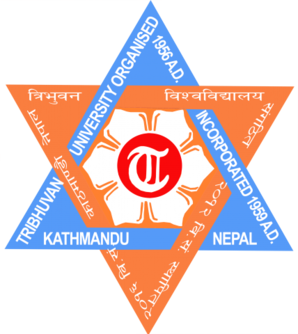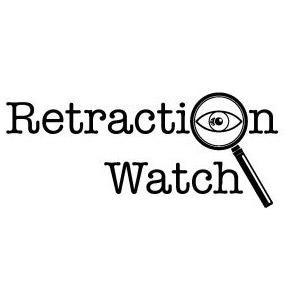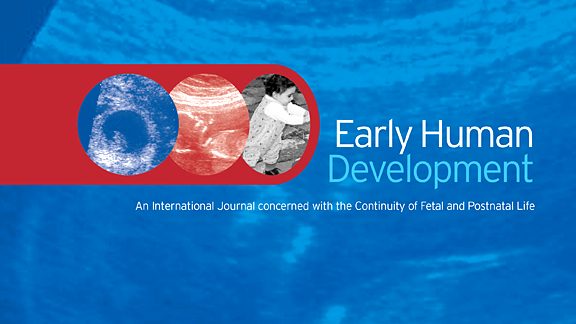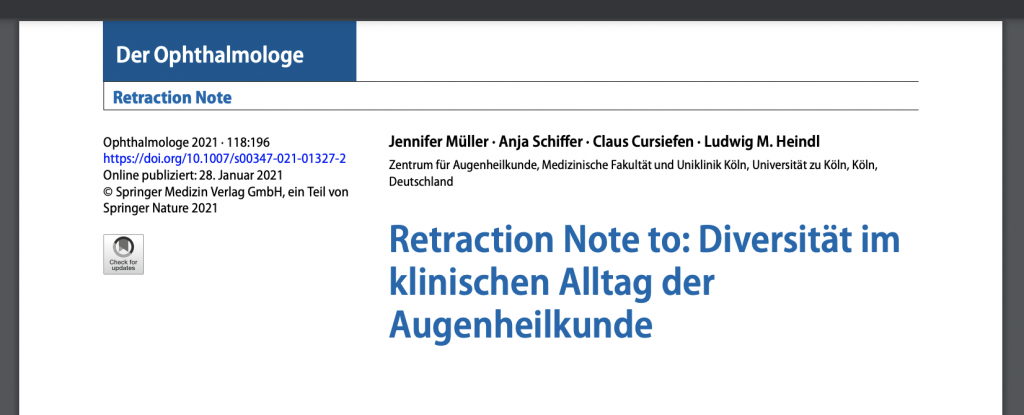After an author requested a slew of changes to a published paper, journal editors reviewed the study and spotted “additional concerns” that led to its retraction.
The study, titled “Pressure regulated basis for gene transcription by delta-cell micro-compliance modeled in silico: Biphenyl, bisphenol and small molecule ligand models of cell contraction-expansion,” was published in PLOS ONE on Oct. 6th, 2020. Its sole author was Hemant Sarin, a “freelance investigator in translational science and medicine” from Charleston, W.Va.
The study was pulled on March 25th with the following notice:
Continue reading An author asked for multiple corrections to a paper. PLOS ONE decided to retract it.







